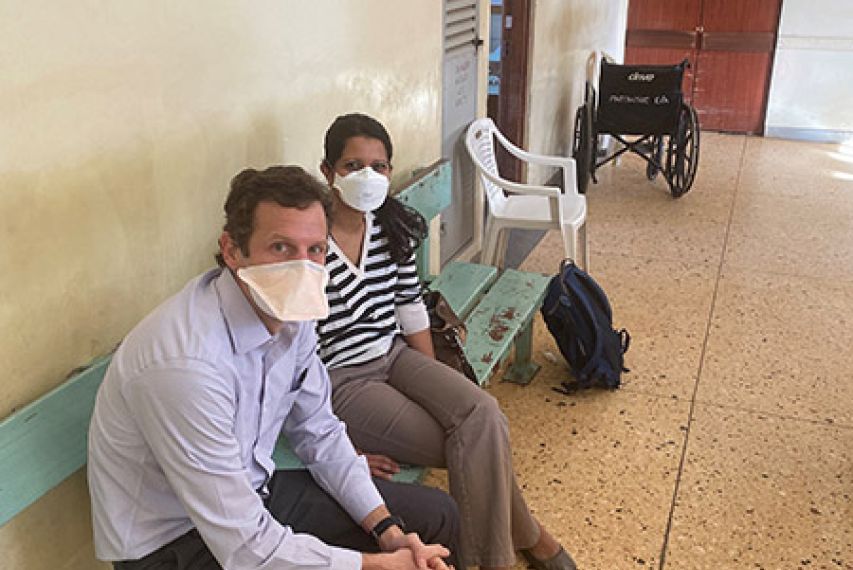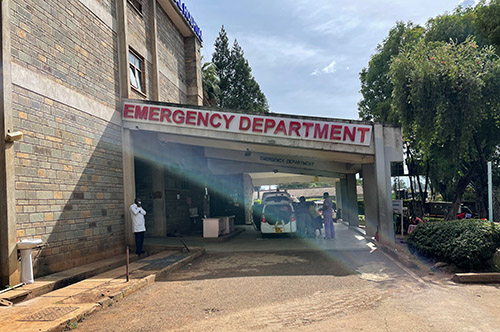Cultural competency and differing access to resources are such important things to address within these international exchanges, how does that play into the design of this training program?
Sudhir: One thing that is particularly appealing about this program is that it is completely driven by the Kenyans. Moi faculty are working with the Ministry of Health, and - and tell us specifically what they would like us to teach. That helps with the problems of cultural competency because they are determining what they need themselves.
Easter: A difference between here and Kenya is that in the U.S. we rely on expensive, resource-dependent interventions. That’s not possible in Kenya, so we have to factor in resource utilization more than we do in the U.S. For example, in the case of a patient for whom we would use a ventilator in the U.S., in Kenya, we had to see if there were enough breathing machines available first. If there weren’t, an alternative would be found. We can bring that approach back to the U.S. to use in extreme cases, like COVID.





